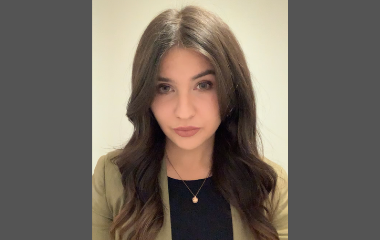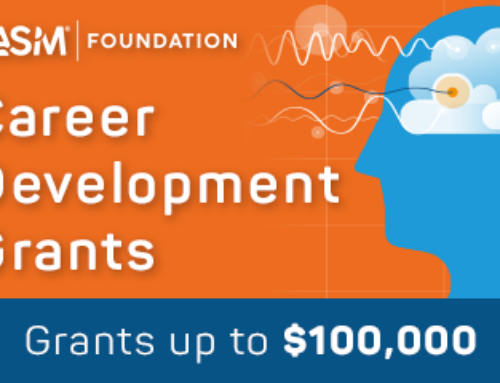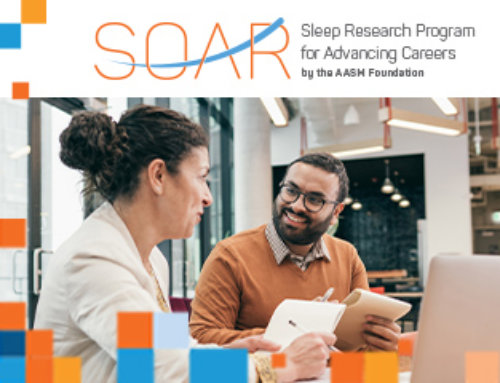The AASM Foundation is committed to developing the careers of sleep and circadian investigators. To meet this goal, the AASM Foundation encourages and supports the development of a diverse and well-trained sleep and circadian research workforce. In early 2021, the AASM Foundation launched a new research grant program, the Diversity Supplement Grant, which provides supplemental funds to current grant recipients to support individuals from groups identified as underrepresented in the biomedical, clinical, behavioral and social sciences and participate in mentor sleep research projects.
The AASM Foundation is proud to announce the first two recipients of the inaugural Diversity Supplement Grant, M. Doyinsola Ismail, MPH, a Graduate Research Assistant and PhD candidate at the University of Maryland School of Medicine and Estefania Hernandez, MA, a Graduate Research Assistant and PhD candidate at the Case Western Reserve University Frances Payne Bolton School of Nursing. We congratulate these recipients as they contribute to the sleep research community!
 M. Doyinsola Ismail, MPH
M. Doyinsola Ismail, MPH
University of Maryland School of Medicine
Mentor: Jennifer S. Albrecht, PhD
Impact of Treated and Untreated Obstructive Sleep Apnea (OSA) on 30-day Hospital Readmission among Medicare Beneficiaries with Pre-existing Cardiovascular Disease
Despite treatment benefits, obstructive sleep apnea (OSA) remains undertreated among older-adults with comorbid cardiovascular disease (CVD). This project will determine the impact of untreated OSA and quantify the effect of treatment adherence on hospitalizations and 30-day readmissions among older-adult Medicare beneficiaries with pre-existing CVD. This grant will provide Ms. Ismail with a mentored research experience that establishes her as an emerging sleep researcher and advances her skills in analyzing large claims datasets.
 Estefania Hernandez, MA
Estefania Hernandez, MA
Case Western Reserve University Frances Payne Bolton School of Nursing
Mentor: Stephanie Griggs, PhD, RN
Sleep and Glycemia in T1D: A Diversity Supplement
Circadian misalignment is associated with poorer glycemic control in young adults with type 1 diabetes. The purpose of this project is to compare three methods to analyze circadian, sleep-wake, and glucose variability characteristics. This project will prepare Ms. Hernandez for a dissertation focused on the role of the circadian system in drug polyconsumption and treatment management. Ms. Hernandez’ long-term goal is to become an academic researcher with a focus on methadone maintenance treatment in Brazil.
Donate today and support our programs and grants that promote diversity while expanding the pipeline of new clinicians and scientists dedicated to sleep and circadian research.





